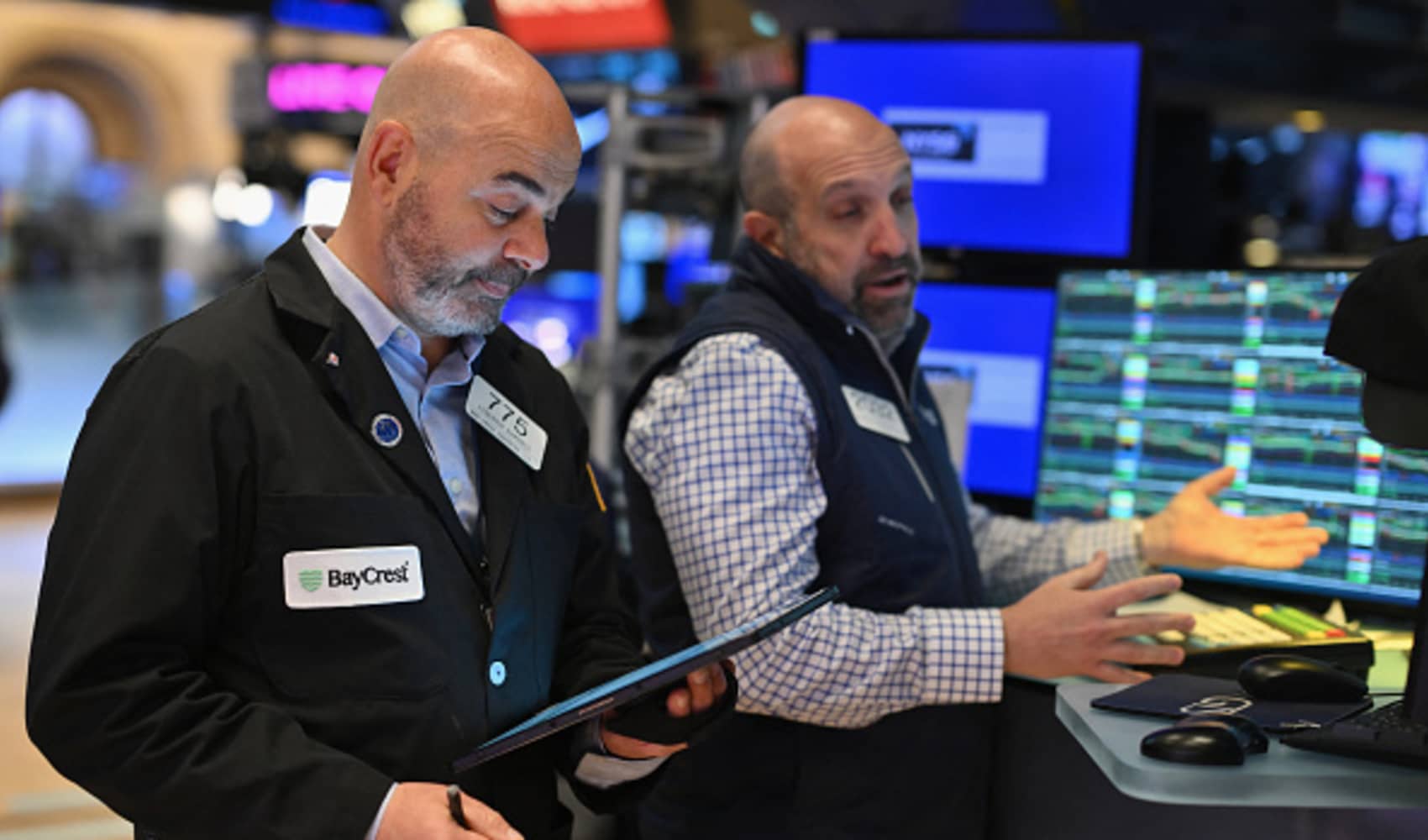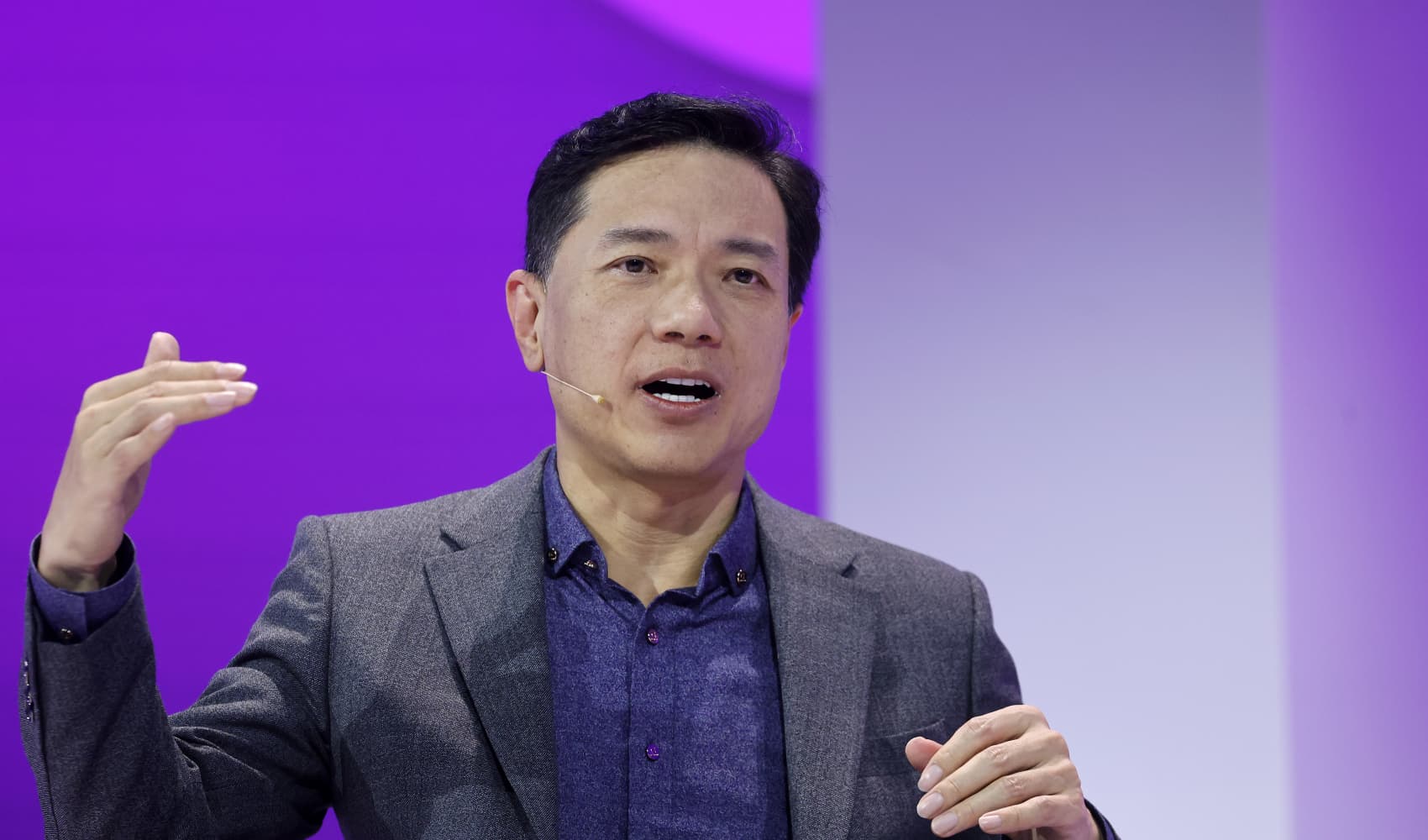
- Fast-food workers in California will start making at least $20 an hour in April due to a compromise between the restaurant industry and labor groups.
- Both McDonald's and Chipotle Mexican Grill said customers in California will pay more to offset the rise in labor costs as a result.
- McDonald's CEO Chris Kempczinski said the minimum wage hike could help the burger chain gain market share in California in the long term.
McDonald's and Chipotle Mexican Grill will raise their menu prices in California next year to offset the state's minimum wage increase for fast-food workers, executives said as both chains announced quarterly earnings in recent days.
McDonald's has not decided how much it will hike prices in California as workers' wages rise to $20 an hour, CEO Chris Kempczinski said Monday. Chipotle expects it will raise prices by a "mid-to-high single-digit" percentage in the state, but has not made a "final decision," its Chief Financial Officer Jack Hartung told analysts on the company's conference call Thursday.
Restaurants have been hiking menu prices for more than two years in response to rising ingredient and labor costs. Prices for food away from home were up 6% in September compared to a year ago, according to the U.S. Bureau of Labor Statistics.
Get Philly local news, weather forecasts, sports and entertainment stories to your inbox. Sign up for NBC Philadelphia newsletters.
While diners are already used to paying more for their meals, some have been eating out less often to mind their budgets. McDonald's executives said Monday that consumers making under $45,000 have been visiting less frequently, contributing to a dip in its U.S. traffic this quarter.
In September, the restaurant industry and labor groups ended an expensive, monthslong battle over a bill that would have created a 10-person council that governs fast-food chains in California by setting guidelines for working conditions and wages.
Instead, the two sides settled on a compromise: a nine-person council that only has the power to set the pay floor for the fast-food industry in the state through 2029. Chains with at least 60 locations nationwide will have to pay their workers at least $20 an hour, starting April 1. Between 2025 and 2029, the appointed council will have the authority to raise the hourly minimum wage annually by whichever is lower: 3.5% or the annual change in the consumer price index.
Money Report
For Chipotle, the new pay floor means it will hike its wages roughly 18%. Hartung said the chain's average wage in the state is currently $17 an hour.
As wages rise, Chipotle customers will pay much more for their burritos and bowls in California, which is home to roughly 15% of Chipotle's restaurants — and the company's headquarters.
The chain has already raised prices four times since June 2021. The most recent price increase of 3% happened earlier in October.
At McDonald's, price increases will only be one method to offset the higher labor costs. The chain will likely also look at ways to improve productivity to cut restaurant-level costs, Kempczinski said Monday.
Unlike Chipotle, which owns the overwhelming majority of its locations, most of McDonald's California locations are run by franchisees. They have the freedom to decide prices, although the chain provides advice on the best strategy. Just under 10% of McDonald's U.S. restaurants are located in California.
The burger chain anticipates that operators there will feel the pain of the wage hike in the short term.
"There will certainly be a hit in the short term to franchisee cash flow in California," Kempczinski said on the company's conference call, adding that it's unclear at this point how big the blow will be.
The National Owners Association, an independent advocacy group of more than 1,000 McDonald's U.S. franchisees, projected the bill will cost each restaurant in the state $250,000 annually, according to a September memo viewed by CNBC. McDonald's, which dealt with franchisee backlash for its role in the compromise's negotiations, declined to comment at the time on the NOA's estimates.
In the long term, McDonald's thinks that the higher wages could be a boon to its business.
"We believe we're in a better position than our competitors to weather this, so let's use this as an opportunity to actually accelerate our growth in California," Kempczinski said.
Don't miss these CNBC PRO stories:
- Want to retire in 5 years? Here's how to invest for it, according to the pros
- Morgan Stanley says the average stock is breaking down, S&P 500 to fall to 3,900 by year-end
- This highly profitable industry is booming as the population ages
- This chip stock is getting a ton of love from Wall Street, and it's not Nvidia






